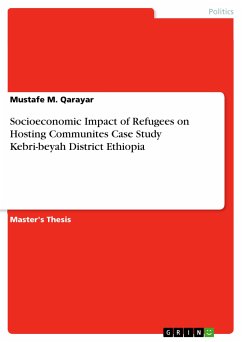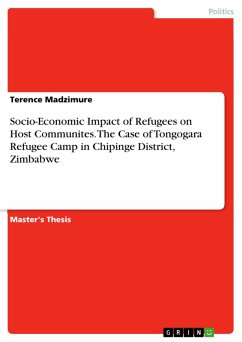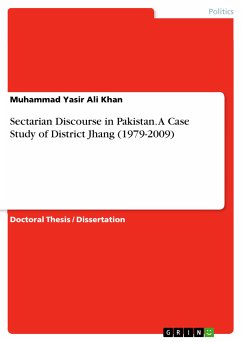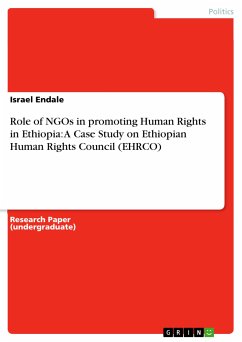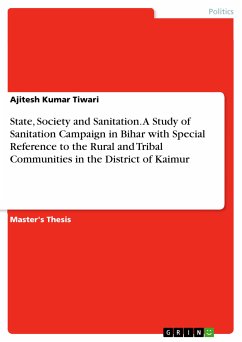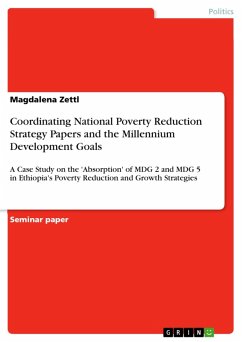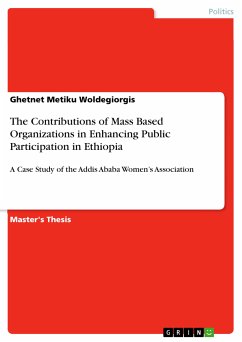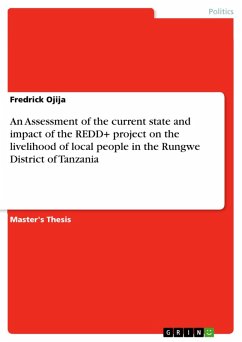Master's Thesis from the year 2022 in the subject Politics - Region: Africa, grade: B+, Nanjing University (College of Business and Economics), course: Development Economics, language: English, abstract: The research's objective is to define or identify the impact of refugees on hosting communities of Kebri-beyah. Ethiopia is the second most populous refugee-hosting country in Africa. In March 2021 UNHCR estimated that Ethiopia had 758,199 registered refugees and asylum seekers and most of the 99 percent of these refugees are from four countries: South Sudan, Somalia, Eritrea and Sudan. Kebribeyah Refugee Camp is one of Ethiopia's hosted refugees, and it is Ethiopia's oldest Somali refugee camp, being opened in February 1991, during the height of Somalia's civil war. The causes and impacts of the refugee crisis are all complex. It's crucial to remember that individuals are always the primary victims of the refugee crisis. It does, however, present itself in a variety of ways on a societal, governmental, and international scale. Clearly, humanity is confronted with a humanitarian, moral, and development challenge. Indeed, its scope is broad enough to have a considerable impact on issues about security, the environment, and natural resources. However, a cursory examination of history reveals that the refugee crisis is not a recent occurrence. The refugees' social, homes to presumably, places of safety. Central America, Africa, the Middle East and Southeast Asia are apt illustrations as people labor daily to escape the depressing effects of war and natural disasters. A range of events and circumstances contribute to the global refugee crisis. Massive human rights violations, particularly colonialism, direct and structural violence, war, internal conflicts, external aggression, ethnic and religious strife, direct political persecution, and economic and national calamities are among them. Nonetheless, conflict is the primary cause of today's refugee migrations. The majority of mass movements, particularly contemporary refugee movements in the Third World, are fueled by war and ethnic warfare, and they shape socioeconomic inequities fight for political power among violently rival ethnic groups, such as Ethiopia, Somalia and Sudan. The majority of refugee movements are unplanned and unexpected. The majority of them fled their homes after witnessing individuals being executed near their homes or when bombings or other reasons made it difficult to obtain food or shelter. The majority of countries receiving high numbers of refugees, such as Ethiopia, are developing and poor countries.

